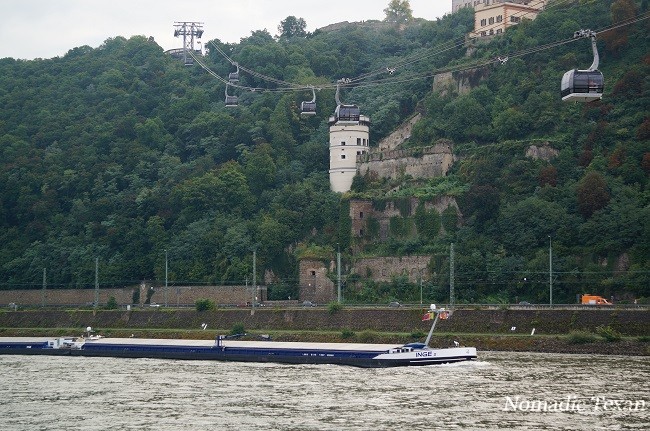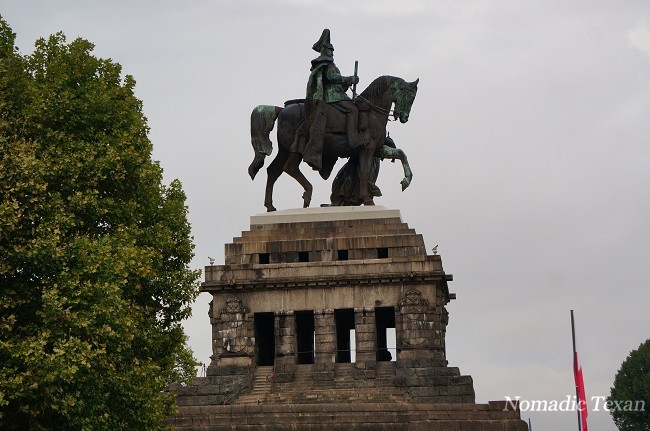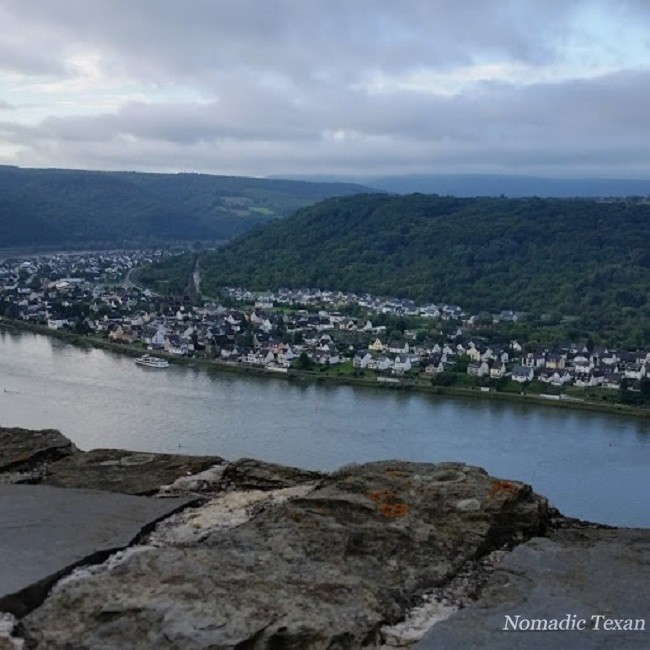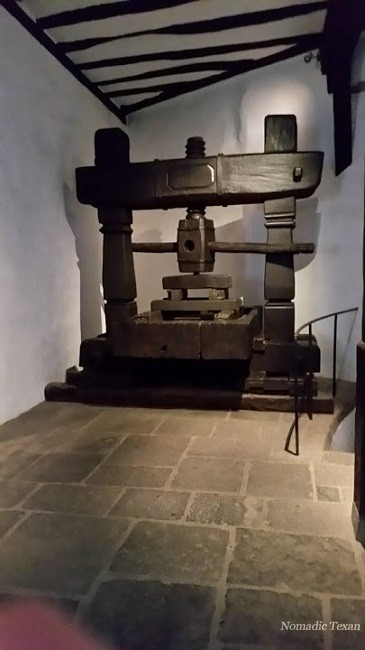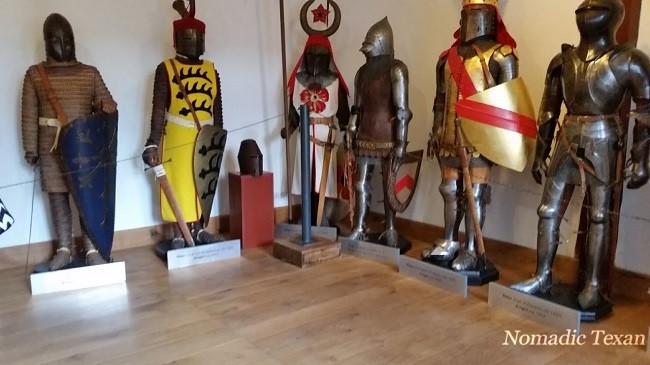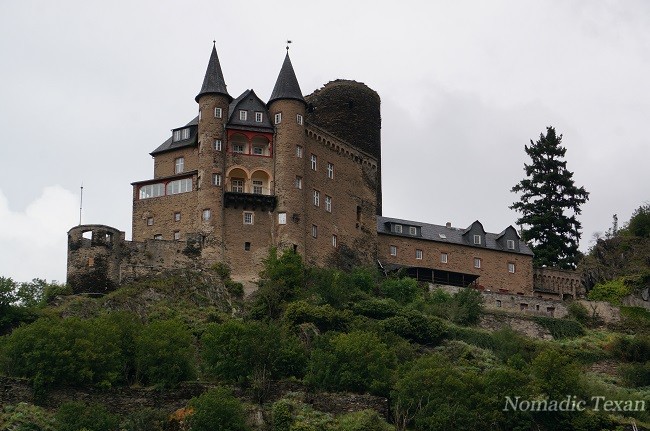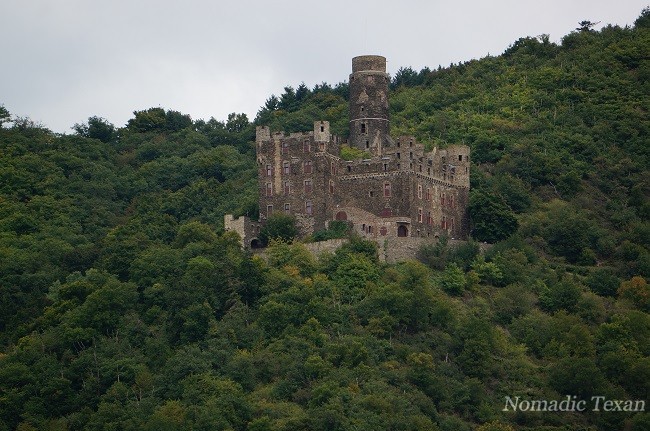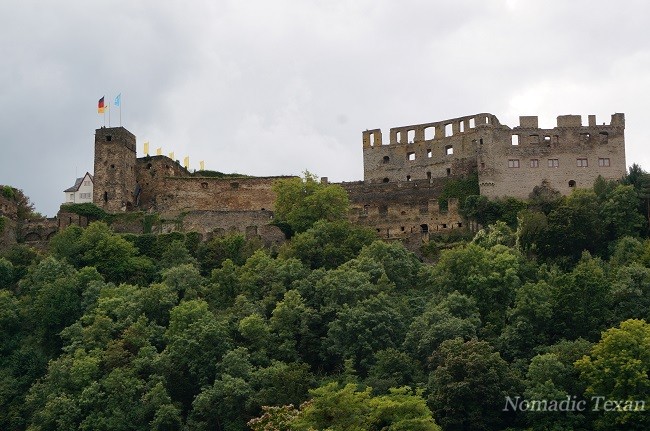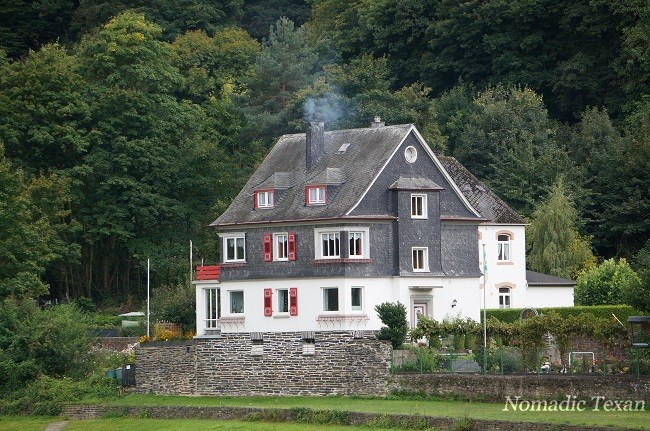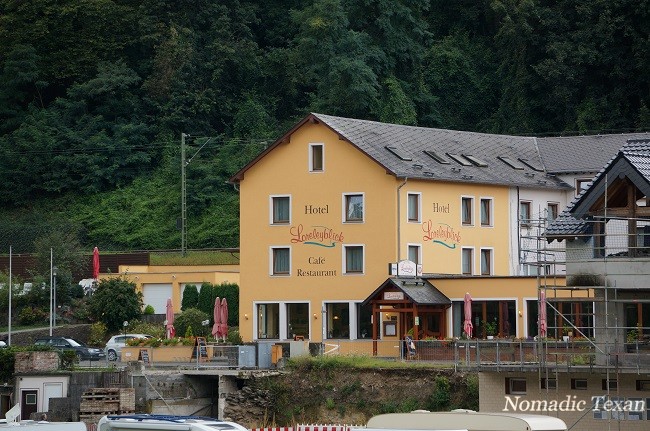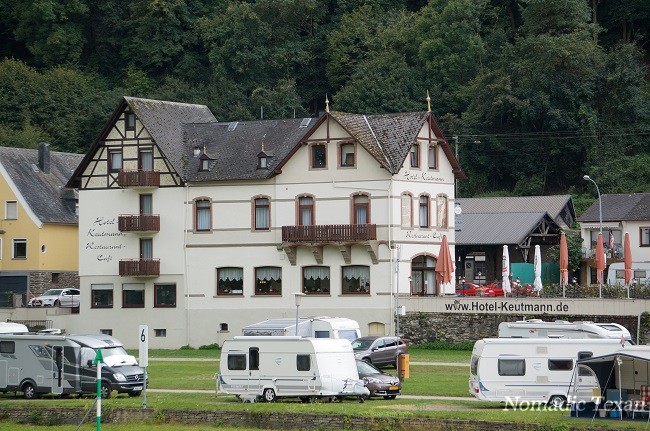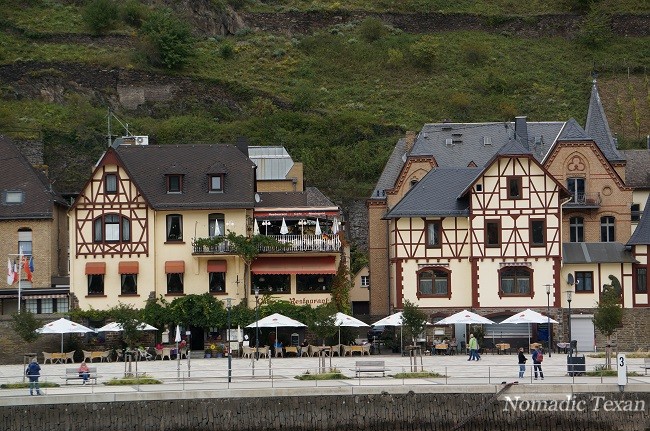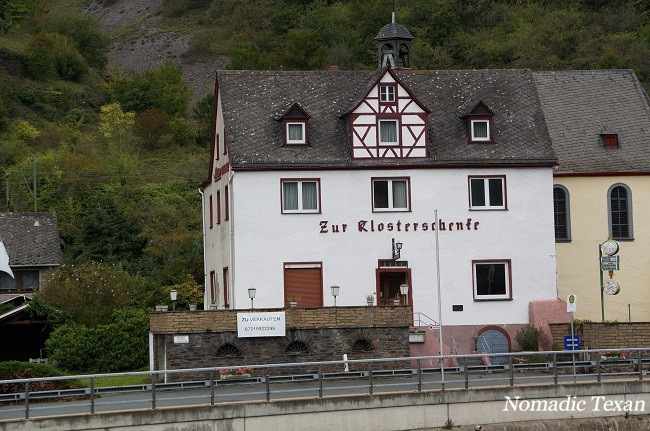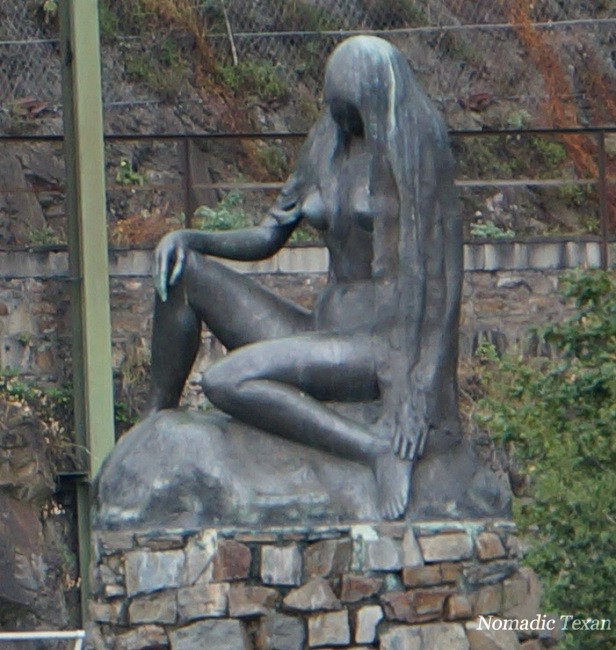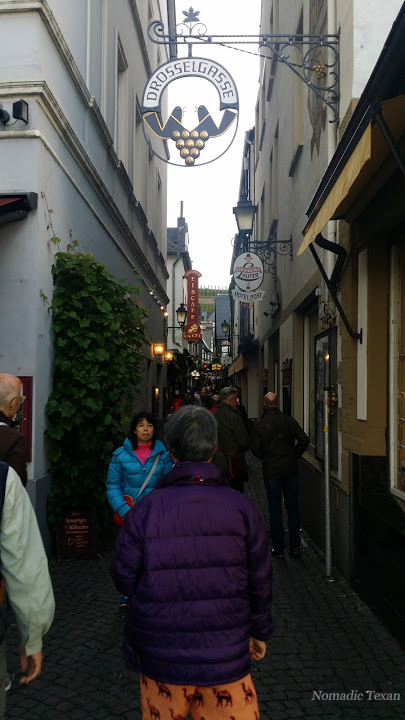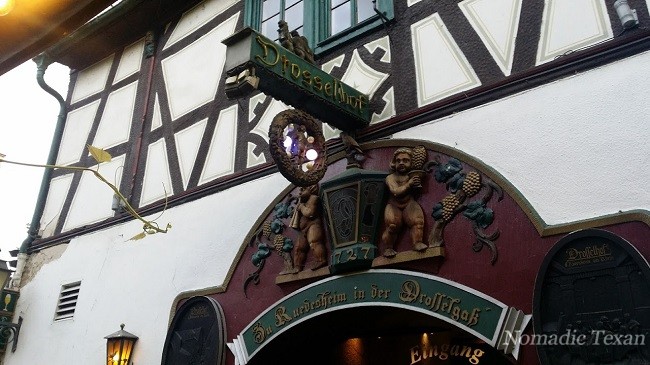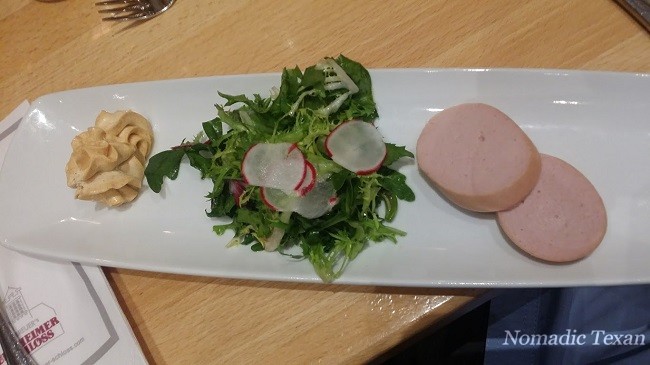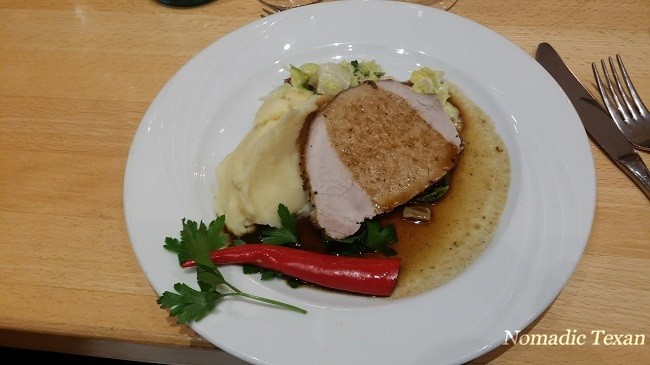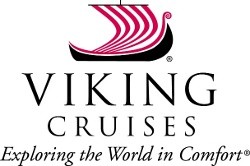My First Manbag Review
For years I’ve admired the young men in the world that carried a manbag. I watched as they threw everything inside and tossed the strap over their shoulders. Being from Texas I was, to say the least, tentative about the possibility of carrying one myself. I generally thought I would receive snark remarks in regard to my manhood, testimony about my missing boots and general degradation in regard to my lack of masculinity. Fifteen to twenty years ago I wouldn’t even have considered carrying a manbag, for fear of being ostracized by my male friends and shunned by society.
Having said all this, along with my travels through Asia, South America and Europe more recently, brought me to the conclusion, that given my age, it didn’t really matter what others think. As one gets on in years, fitting in gets less and less important. I decided I would start the process of looking for a manbag that came across rugged, constructed from hearty materials and a lack of flash. Even though I wore Hawaiian shirts for ages, I am not really inclined to tote gaudy items or accessories.
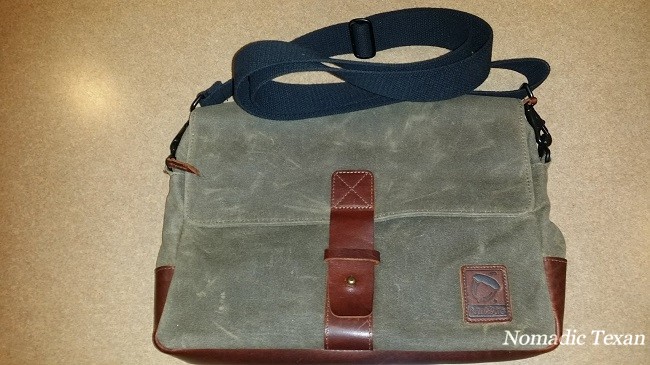
The Satchel Pro by NutSac
I came across a company founded in 2009, in Corvallis Oregon. The name of the company is NutSac and it manufactures cool, well-designed, American-made bags. The company name is explained in this direct quote from their Home page. “NutSac was named because the founders realized that you’d have to be a little bit nuts to manufacture in America and compete against cheap products. You’d also have to be a bit nuts to try to source American-made materials. And you’d have to be really nuts to trust that your customers will value your commitment to fair business practices and quality design.”
There are round magnets on the bottom corners of flap that folds over the top and secures the bag. This component is appreciated more than you can realize! This additional perk is the icing on the cake and helps make this satchel a superb product! You just toss the flap over and it stays in place without zipping it closed.
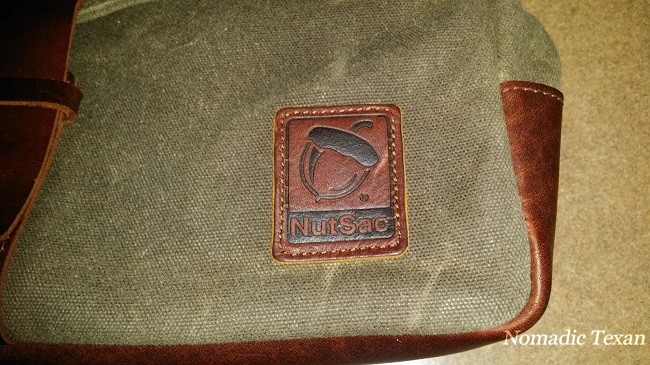
NutSac Logo
The bag is constructed from full grain leather plus has a waxed canvas covering. It comes in this natural color or a black. The bags are hand sewn in the US and guaranteed for life! The Satchel Pro has ample room inside of it as shown in the photo below. I can carry my tablet and all my items that normally go in my shirt and pants pockets.
Going through security at airports isn’t a nightmare any longer. I just pull my tablet out, zip the main compartment and walk through the x-ray machine. In the past I fumbled with my glasses, wallet, business card holder, keys, Swiss Army Knife, hand sanitizer, wet wipes, pen, handkerchief, passport and money clip. Now I just send this wonderful bag through on its own. There is a zippered compartment on one side of the interior, two slip in pockets on the other side and an expandable middle section that opens to around two and a half inches wide, more than enough room for my 12 inch Samsung tablet.
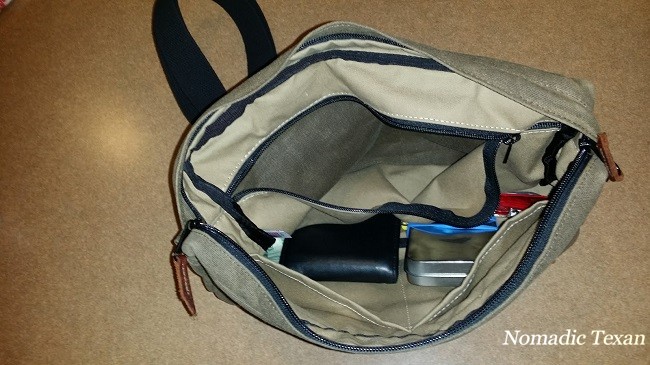
Satchel Pro Interior Pockets
My first venture outdoors was in Brussels recently, when we all went to a neighborhood outdoor organic market filled with all sorts of fresh produce, bread, pasta, sweets and of course waffles. I loved seeing what fruits and vegetables were available and how pricing varied with US prices. One item I came across was golden kiwis. I’ve never had them before. They were delicious. The market also had organic breads, cheese, sweets and of course Belgian Waffles. You know I had to try one and it was so good!

Brussels Satchel Pro in the Organic Market
On the fourth day in Brussels we went to a park located nearby and ran into people of all ages walking, riding bicycles and treating their pets to some fresh air, along with the fact that it was a rare day filled with bright sunshine rather than the usual gloom and foggy atmosphere. It was a gorgeous park and I couldn’t believe how green Belgium was, especially given the temperatures at night. I thought this rock bridge made for a good photo with the huge felled tree in front of it.
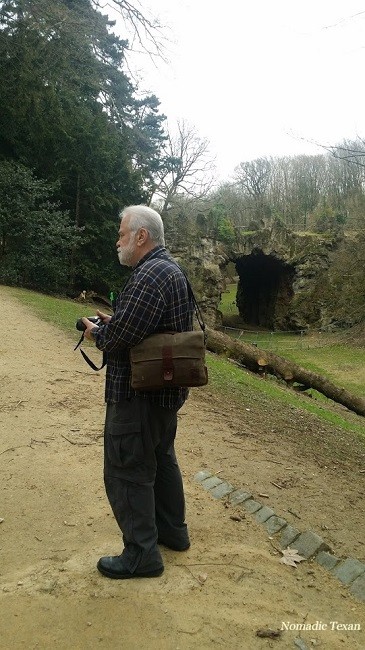
Satchel Pro in a Local Park in Brussels
On the exterior is another zippered pocket in which I show my new favorite flavor of gum, Trident pineapple. The pocket unzips to the length of the bag and approximately seven inches deep. The shoulder strap can be removed, adjusted in length and is made of heavy duty webbed cotton material that would take a lot of pressure to tear or cut through and with the metal hardware it’s very secure.
A quote from the Satchel Pro page describing the bag’s dimensions, “Technology just keeps getting bigger doesn’t it? Not to worry, the Satchel Pro will make your life easier. The Satchel Pro is designed for the iPad Pro or other pro-series tablets. Larger than our Satchel or Mag-Satch, the Satchel Pro has extra capacity for your larger devices. The Satchel fits larger tablets like the 12.9″ iPad Pro and Surface Pro.” The bag is 12.4 x 9 x 2.5 inches and weighs only 1.94 pounds or .88kg. I rarely make such a strong case for travel items and as much as I am for my NutSac manbag, you know it must be a quality product!

Satchel Pro Exterior Pocket
In the end I am more than pleased with my new manbag and it goes with me everywhere now. I love tossing it over my shoulder and taking off. I am passionate about the quality of this bag and I know it’s going to last longer than I will. Over time it will take on a character of its own with the waxed cover getting scratched and marked by things it comes in contact with. Regardless of my travels this manbag will accompany me where I go from now own. Did I tell you I really love it yet? At the end of the day I am more than pleased with this manbag. It is an extension of me and I can’t believe I waited so long to acquire one. NutSac has several sizes and I am sure you can find one that suits your needs. I highly recommend this product and am so happy I am working with this company now.
***NutSac sponsored the bag for my review. As always, all opinions, as always, are those of my own.


